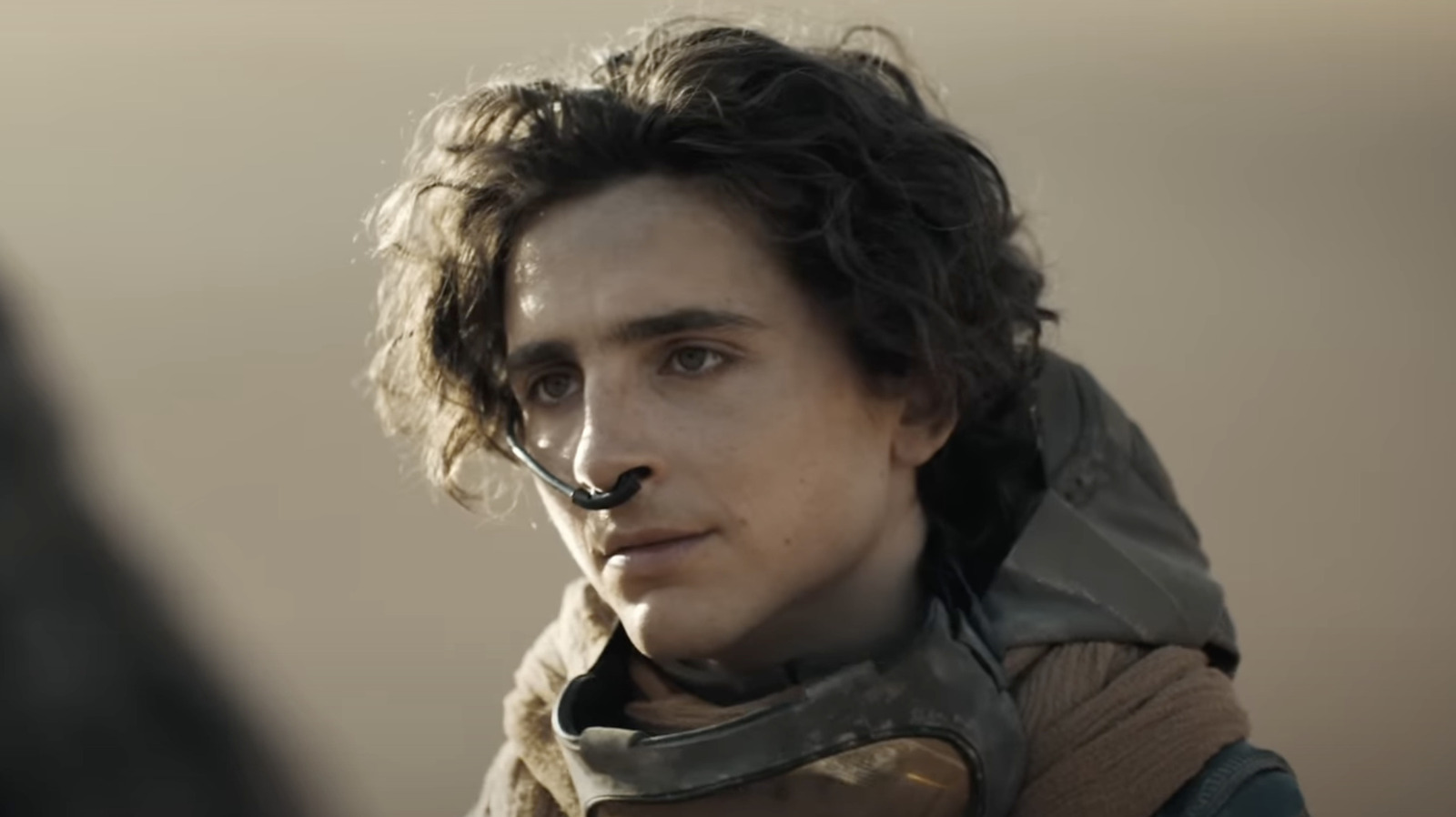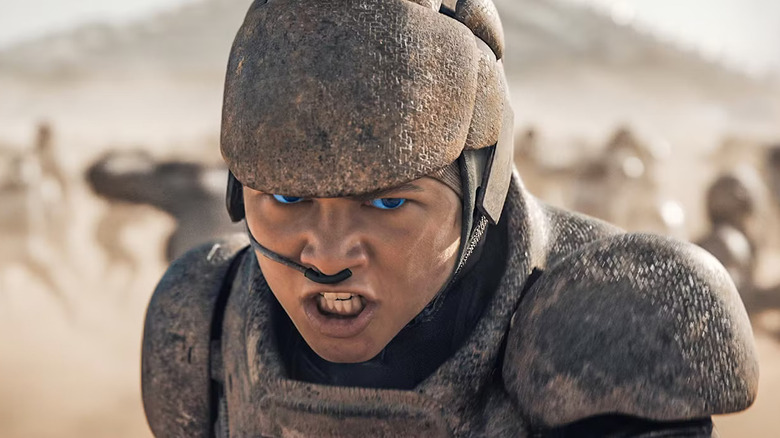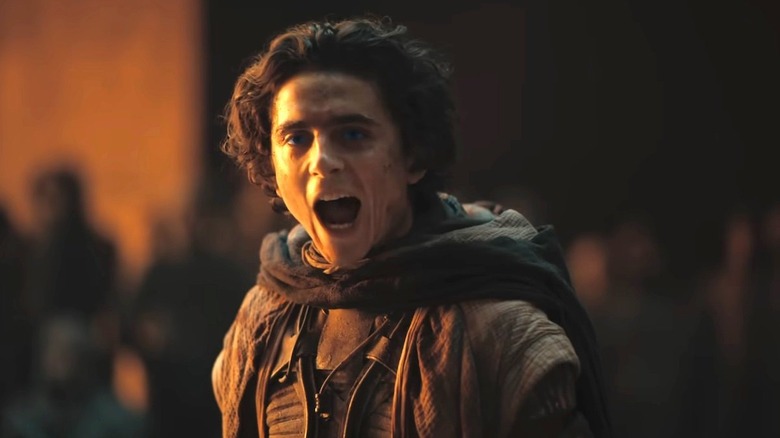“Dune: Part Two,” the heir to House Atreides is ascending in power and clearly on a path to unleash war across the Dune galaxy. This twist in the boy-turned-messiah’s story is sobering. It doesn’t completely align with the books, either — and it turns out that director Denis Villeneuve was well aware of that fact. In an interview with ScreenRant, Villeneuve explained the intention of having Paul “break bad” by the end of the two-part adaptation of the first book of author Frank Herbert’s iconic sci-fi series:
Advertisement
“When Frank Herbert wrote the book, and then when the book came out, he was disappointed by how people perceived Paul Atreides. At the time, he felt that people were talking about Paul as a hero, and for him, he was an anti-hero. He was a dark figure. The book was a warning for him about a Messianic figure.”
Villeneuve went on to clarify that Herbert used the first book’s sequel to rectify the issue. It also meant, as a director adapting the source material, he had the benefit of hindsight as well as both books to work from. Here’s what he said:
“[Frank Herbert] wrote Dune Messiah to correct [the perception of Paul as a hero] and to make sure that people understood his intention. I knew that story. I had the benefit of having read ‘Dune Messiah,’ so I wrote ‘Part 2’ having that in mind. That is why Chani’s character is slightly different in my adaptation than in the book, and it helped me to bring the initial intention of Frank Herbert to the screen.”
Advertisement



